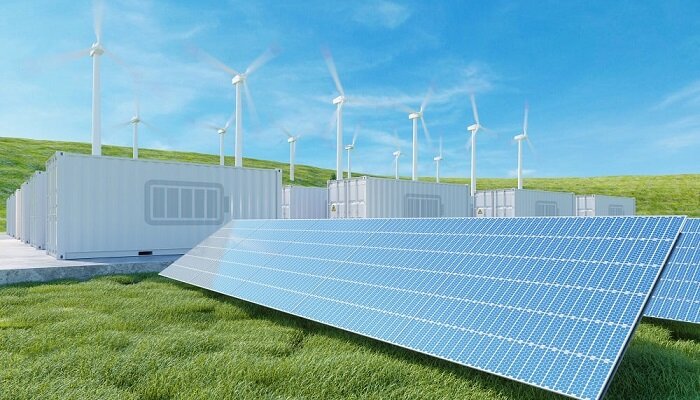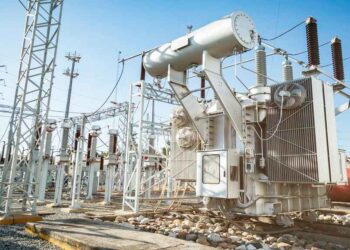In a recent development, new data from Aurora Energy Research has estimated a sevenfold rise when it comes to large-scale battery energy storage system- BESS capability all across Europe.
As per the third edition of the Battery Markets Attractiveness Report, more than 50GW of BESS capabilities will go on to be connected to transmission networks across Europe by 2030, with the UK, Ireland, as well as Italy leading the way when it comes to both investment as well as development.
Apparently, citing the report from a news article, Bloomberg went on to note that the UK had more large-scale capacity in 2022 than any other country and is most likely to quintuple its energy storage capabilities until 2030.
The site went on to suggest that the upcoming rise of BESS projects across Europe happens to be the result of the US Inflation Reduction Act, which goes on to offer investment tax credits as far as domestic solar, battery, as well as electric vehicle- EV factories are concerned.
The article went on to quote the CEO of Harmony Energy Storage, Ryan Kavanagh, who opined that France, Poland, as well as Germany are witnessing what is happening in the UK and are of the opinion that batteries work and that one should embrace as well as change the policy so as to enable them to do so.
The role of the UK in the BESS industry happened to be emphasized by many speakers throughout the recently held Energy Storage Summit 2024, which went ahead and also praised the sector’s approach.
Head of business development, Zenobe Energy, Tom Palmer, for instance, went on to call energy storage in a way the most intricate energy asset in order to optimize, and that too from a market point of view. But with a fleet of almost 6.5GW of large-scale assets that are in operation, it looks like the UK happens to be already optimizing it to a significant extent.
Apparently, the government has gone ahead and supported this optimization by way of including energy storage within the majority of energy policy, which also includes granting a 20% VAT exemption when it comes to domestic installations that are small scale.
Due to this, the energy-saving domestic equipment like heat pumps as well as roof-mounted solar have gone on to be exempted from the VAT, as well as BESS, if they happen to be installed by way of other energy-saving materials like solar.
It is well to be noted that from February 2024, this legislation had in it retrofitted BESS as well as newly installed ones, and hence this exemption applies to all types of installations.
Forward-thinking
The much more obvious next step for the UK would be growing its national energy storage book by way of beginning accounting in terms of long-duration energy storage- LDES. Projects that go on to develop long-duration systems look to be able to have in them greater amounts of energy and thereafter discharge them across longer periods of time.
Interestingly, in January 2024, the UK government went ahead and launched a consultation on its proposals in order to kickstart the investment into LDES, which proposed a cap-and-floor mechanism for tech so as to aid the present issues around LDES rollout.
A forecasted 20GW of rollouts between 2030 and 2050 can go on to result in system savings worth £24 billion and will go ahead and deliver smart and flexible energy systems that can go on to blend low-carbon power, heat, and transport.
Due to the aid of creation of the said system, Aura Power was granted planning permission for the 100M-/400MWh LDES battery energy storage capacity in December last year.
Located in Chesire, Capenhurst, to be exact, the 4-hour duration BESS went on to receive permission from Cheshire West as well as Chester Council in order to begin development.
Notably, Capenhurst battery storage project happens to be third UK project from a Bristol-based developer that went on to receive planning permission in 2024. This has in it 49.9MW Horton Solar Farm from Aura, that’s located in East Devon, as well as a 49.9MW Hawthorn Pit Solar Farm, Durham.





































